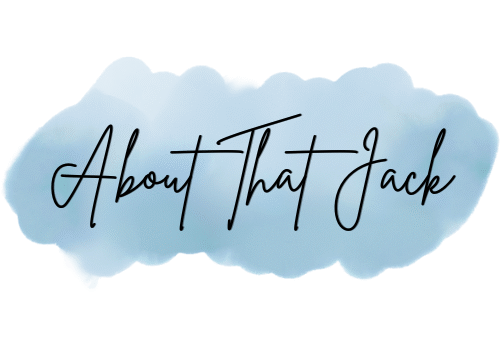 It’s important that this gets said:
It’s important that this gets said:
If you’re healing from CPTSD and you’re not ready to forgive the people who hurt you? There is nothing wrong with that. You’re just being honest with yourself. And it’s actually a brave thing to be.
Forgiveness is one of those overused words people throw around when they don’t really know what to say, especially when your pain makes them uncomfortable. You’ll hear it from therapists, pastors, self-help gurus, and even your own family:
“You’ll never heal until you forgive.”
I call bullshit. Because it’s exactly that.
Let’s talk about the pressure that puts on people who are actually doing the work of healing, because it’s real. In our culture, especially in the West, forgiveness gets tied to morality. You’re seen as virtuous, evolved, “the bigger person” if you just let go, smile through it, and move on.
But if you’re a survivor of long-term trauma, especially childhood stuff, neglect, emotional abuse, that pressure doesn’t feel healing. It actually feels a hell of a lot like gaslighting.
Why?
Because it skips the most important step: accountability.
Forgiveness without accountability isn’t healing. It’s spiritual bypassing. A recent post titled the dark side of new age healing trends explains exactly what I think of that.
“But Holding Onto Anger Will Eat You Alive!”
Yeah. And? That’s only true if you never process the anger. But anger is a survival response. It’s your nervous system saying, “Hey, that was wrong.” Suppressing it to appear “healed” doesn’t make you more evolved; instead, it makes you dissociated.
Letting yourself feel the anger, rage, grief, betrayal, that’s the real work. Forgiveness might come after that. Or it might not. And both paths are valid.
Also, nobody who hasn’t lived a life of survival gets to tell you otherwise.
What Healing Without Forgiveness Looks Like
You remember what happened and stop minimizing it.
Then, boundaries are created (sometimes permanent ones).
You release yourself from the role of caretaker for your abuser’s feelings.
Suddenly, you stop justifying your trauma to people who never experienced it.
You reclaim your voice, your body, and your damn life.
And guess what? Nowhere in that process does it say “You must forgive to move on.”
You Don’t Owe Forgiveness to Anyone
If you decide to forgive someday, that’s your call. Maybe it brings you peace. Maybe it doesn’t.
But healing doesn’t hinge on it.
What you do owe yourself is space to feel your truth, without the guilt trip. Without the performative grace, and without someone else’s deadline.
You’re not a bad person if you’re still angry. Nor are you unevolved if you haven’t let go. And you’re not toxic if you set boundaries so tight, there’s no room for redemption.
You’re surviving. You’re healing. And you get to do it your way.
And remember, If someone tells you to “just forgive and forget,” kindly remind them that forgetting is how trauma cycles continue. You’re here to break that, not to make others feel comfortable.
Photo by Fons Heijnsbroek on Unsplash
